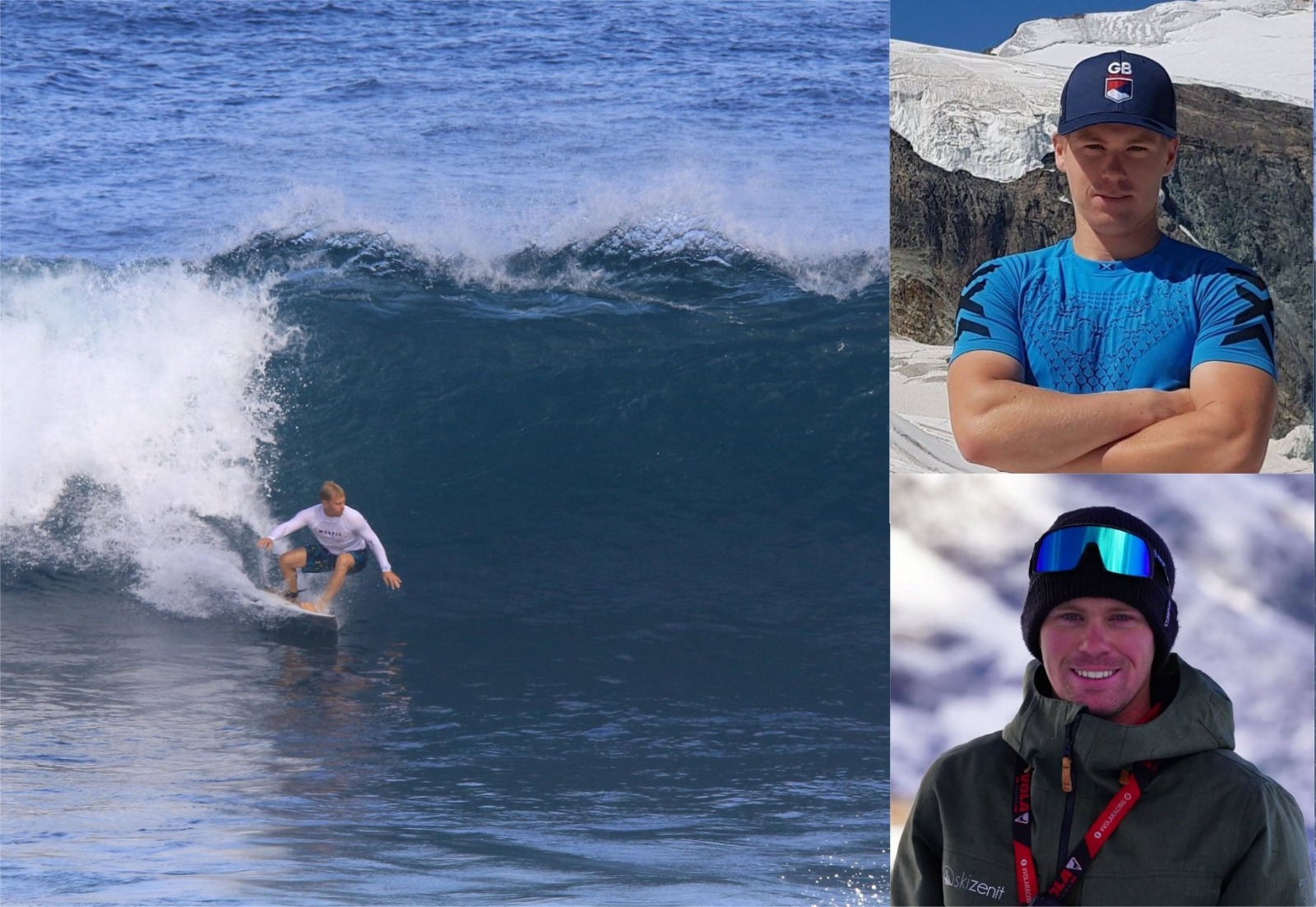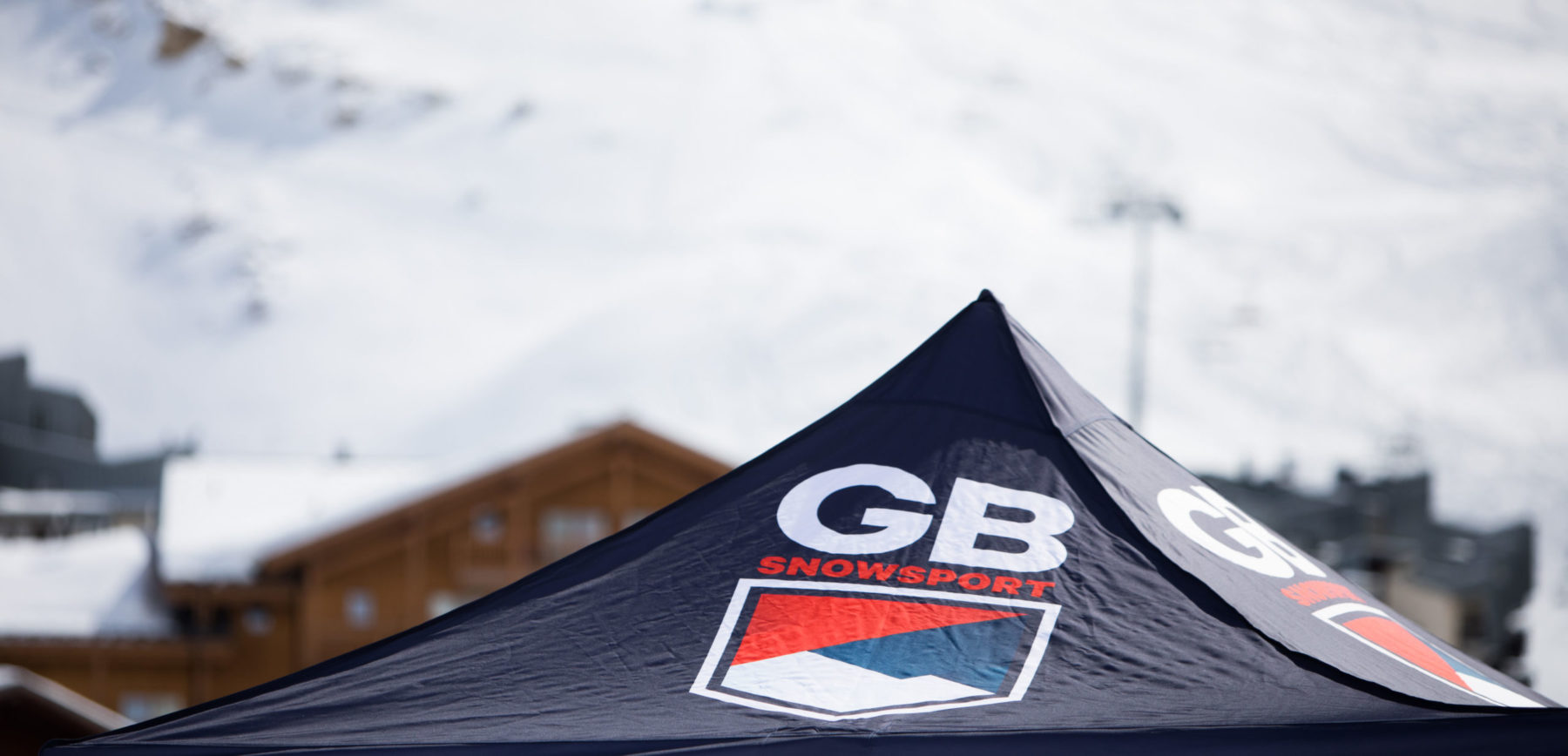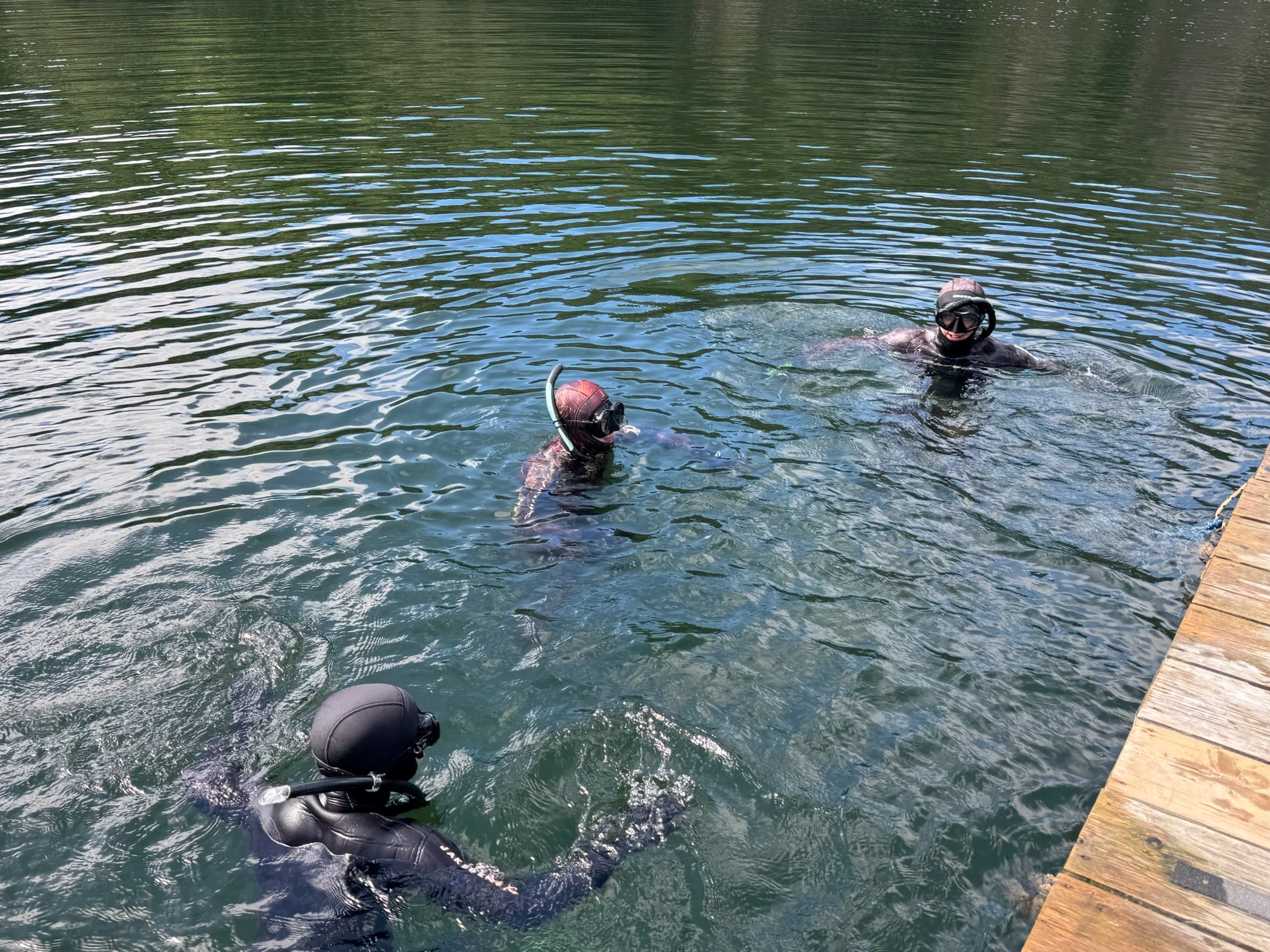
Twenty meters below the surface of the water probably isn’t where you’d expect to find three of the GB Freeski Park & Pipe team during summer training.
But in the year building up to an Olympic Winter Games, business-as-usual goes out the window, and deep underwater goes our Freeski training.
The initiative – a performance mindset camp conducted through the medium of freediving and devised by Freeski High Performance Coach Joe Tyler – was designed to help World Cup squad members Kirsty Muir, Chris McCormick, and Tom Greenway address their psychological responses to fear, stress, and uncertainty, a vital skill as each looks to develop their armoury in the build-up to Milan-Cortina.
“We wanted to design a programme that could expose each of the guys to their own minds in a different way and a different environment,” Tyler explains. “What we set out to do was find a safe and emotionally supportive setting to implement a programme of that nature, and what we landed on worked really well for the guys involved.
“A lot of it started in conversations with Kirsty, Chris, and Tom, initially about what they loved about skiing, and then about their perceptions of what was happening in their minds in their best moments, but also what their emotional regulation patterns were, what they were each doing in their day-to-day approach to competition and training.
“That really gave me the basis of a good framework for what we needed to do, as coaches, to help them unlock something new ahead of next season.”
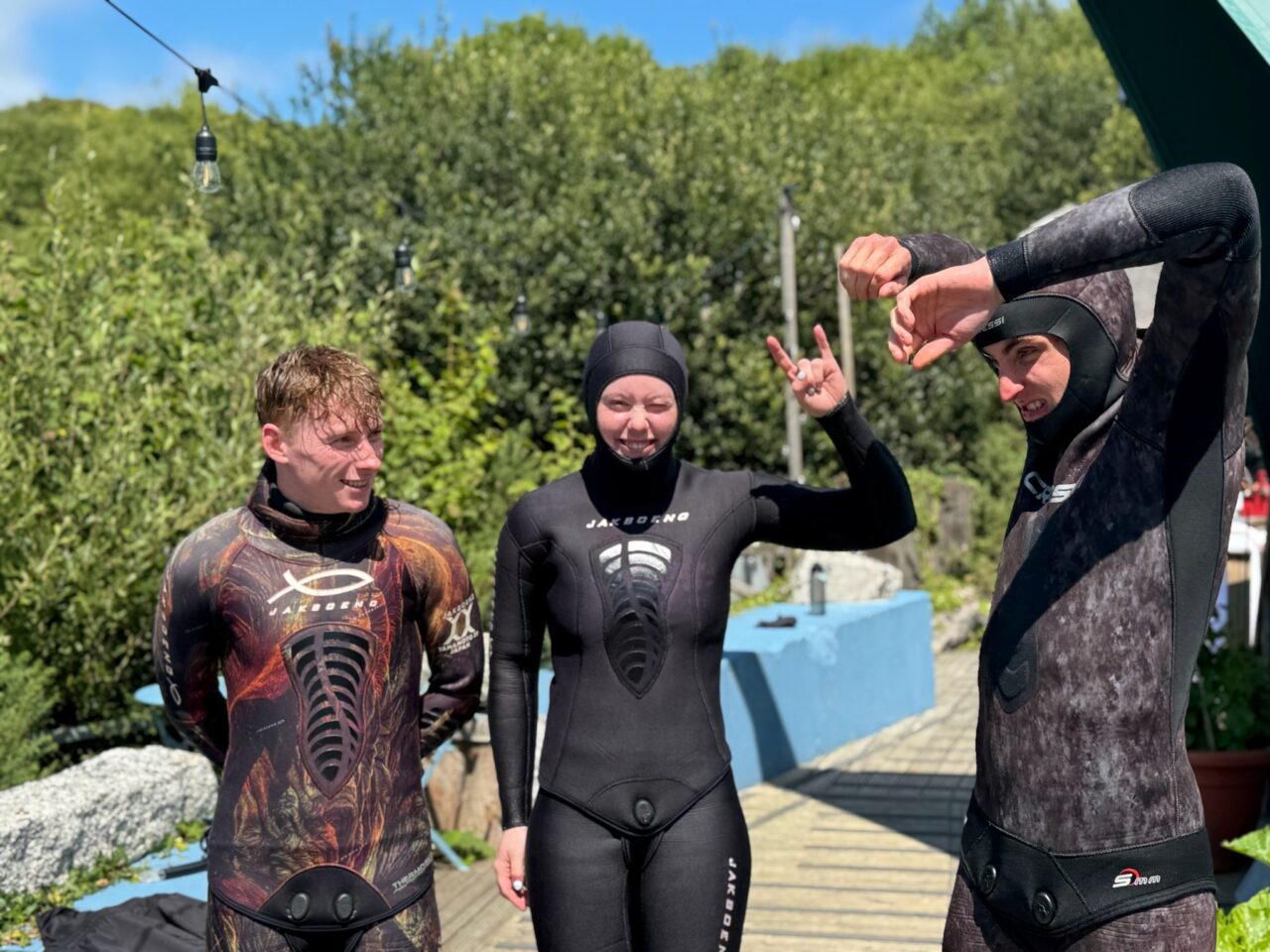
Inspiration for the camp emerged from Tyler’s own experiences as an athlete and as a coach, and the mental toolkit that he would have liked to have available to him throughout his own competitive career.
“The idea probably came from my life, in a way,” Tyler explains. “When I used to be a professional skier myself, I used a lot of other activities to help me deal with certain situations, and once I began coaching I started using it more and more because I was seeing how mindset was such a critical thing for the athletes I was working with.”
“In the past, we’d recommended to athletes that they maybe try different activities to give them new tools to deal with situations they might come up against in the sport, but we’d never really had a structured environment to put them into action systemically, and that meant we weren’t really hitting the points I was hoping for as a coach and as someone who’d seen the benefit of this sort of approach in my own experiences.
“We’d identified a need to help the guys centre themselves in the present moment, and we identified a medium which was perfect for that, because it demands of you the ability to relax. Putting yourself below the water means you have got to relax in your body, and you’ve got to relax in your mind, because every distraction from that uses more oxygen in an environment where you need to use the least that you possible can.
“I had those exact same experiences the first time I did freediving, I felt the stress response of it and learned so much about the regulation of that stress, and that’s something that really stayed with me as I was thinking about how that same process might benefit our guys.”
Last season saw sprinkled with highlights for the Freeski Park skiers. In her injury comeback season, Kirsty Muir looked immediately competitive, landing four World Cup top 10 finishes including a maiden World Cup victory in March in Tignes. Chris McCormick was inside the top 20 four times at World Cup level, and again at the World Championships in Engadin. James Pouch saw a career-high sixteenth place finish at the Klagenfurt World Cup. Tom Greenway secured a third career World Cup top 30 finish in Stubai.
Still, the coaching staff around the team saw opportunities to find a new cutting edge ahead of the Olympic season. As Tyler explains, “there’s a whole performance journey that every athlete that we look after is on. For some of them, that’s got a real specific focus on the Olympics this winter, but there’s plenty of other athletes at other stages in their performance journey that we’re really mindful of. As coaches, when we’re working with athletes, there’s a really meaningful system that we’re building around them that covers all areas: Sports Psychology, Performance Lifestyle, and of course, coaching itself, so anything we look to implement is always about complementing the building blocks that we have in place already.”
With pre-season training plans in development, alongside highly targeted air bag and on-snow coaching blocks in Europe and New Zealand the coaching team, opted to implement Tyler’s proposal for a mindset focused camp for Greenway, McCormick, and Muir (circumstances prevented Pouch’s attendance).
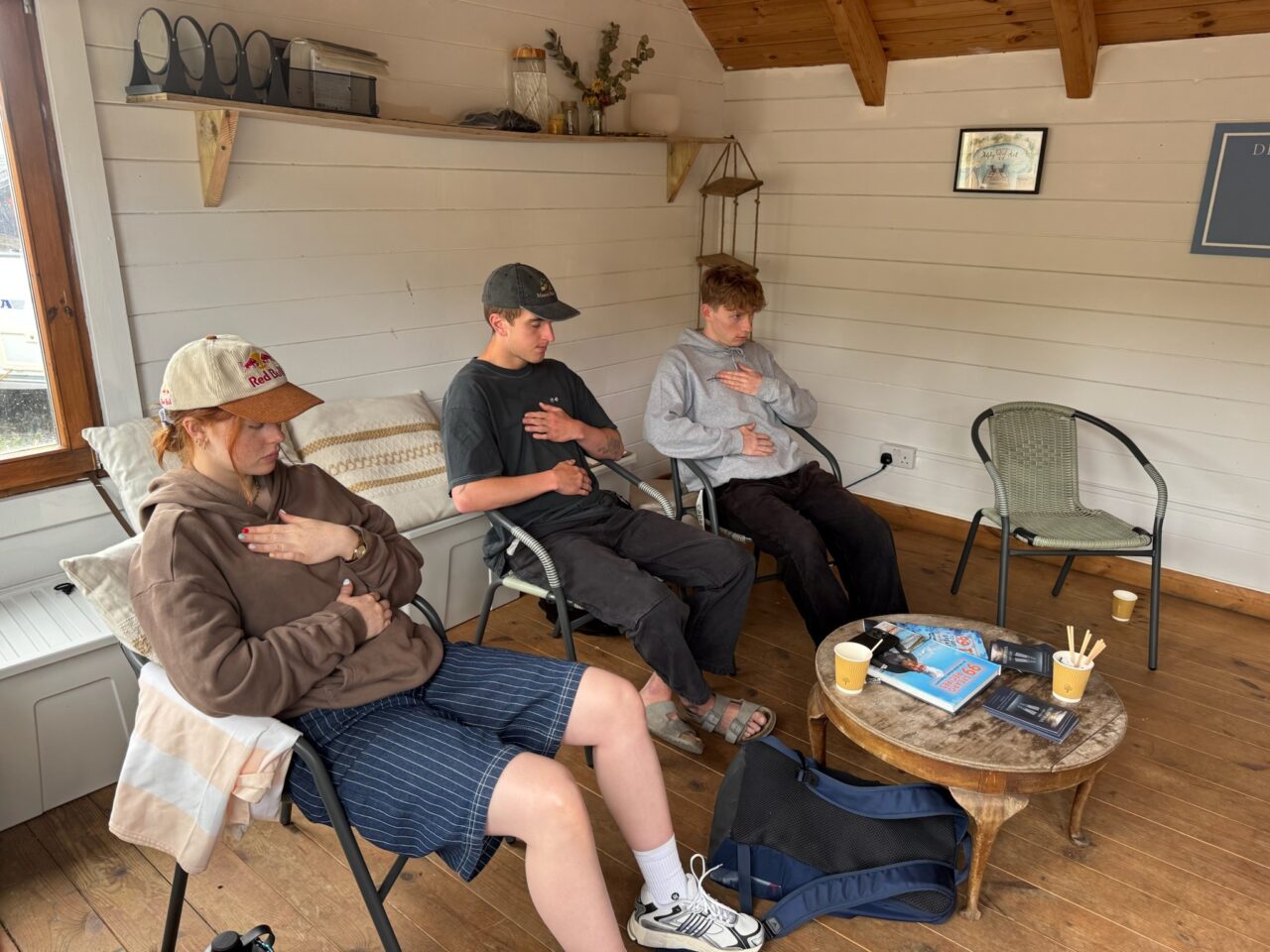
While the genesis of the idea came from Tyler, the development and buy-in was a team effort.
“I’d been part of a study last summer with Emma Wood who works for UK Sports Institute, and through some of what we explored in that study and some thinking I’d been doing on these sort of tools to help with athlete psychology, the idea of a programme began to come together.
“Towards the end of last season, I had a lot of conversations with Jamie [Matthew, GB Snowsport Freeski Head Coach] and Pat [Sharples, GB Snowsport Head Coach] about the concept of how we support the athletes better when they’re approaching high-pressure situations in the sport, and how we could try to give them a bit of an internal mental training scenario to help them understand how they could deal with those situations better.”
With Matthew and Sharples both immediately supportive, Tyler began designing the programme with input from a range of specialists, while looking for a unique programme structure and activity as the template to help hit specific performance psychology targets responding to what he and other coaches were observing in the approaches of their athletes.
Working closely with Oli Cacioppo an instructor from Delphy Pool, the programme Tyler developed set out a structure that would allow athletes to meet their own minds in an environment specifically shaped to their needs.
The programme used freediving as a mirror – a way to compress mindset repetitions that would usually unfold over months into a series of back-to-back encounters with pressure, helping athletes uncover and train their regulation responses in real time.
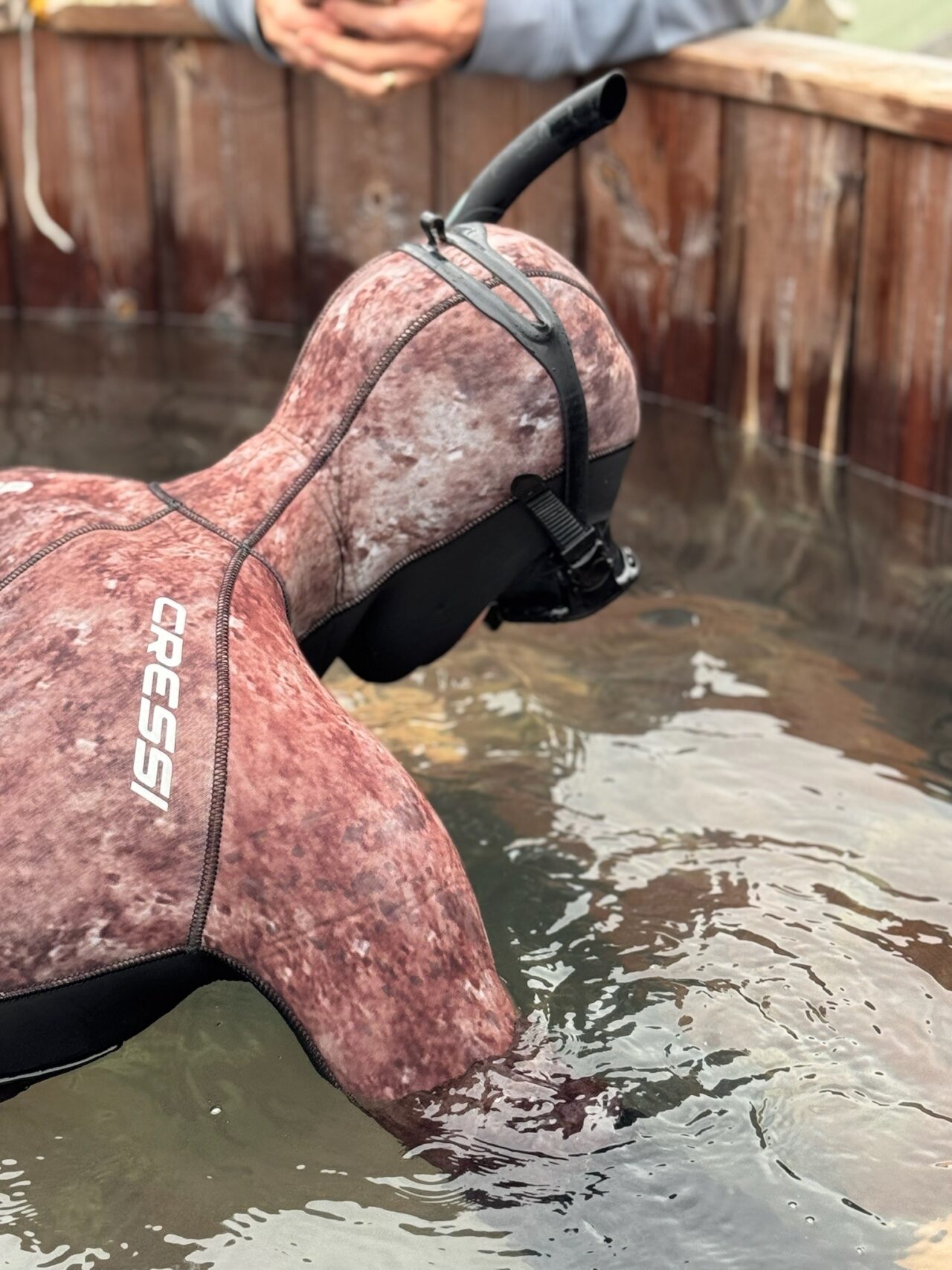
Unsurprisingly, for such an introspective exercise, each team member’s response to the programme unfolded with distinct differences, but a central connecting theme that each athlete became aware of their own patterns of response to the experience, as well as the responses shown by the other athletes.
For Tyler, those individual responses were the key to what he hopes will be the success of the project.
“One of the things that was immediately amazing to see was the similarities between how each of the guys was approaching this programme, and how they approach their sport, and each of them was very aware of the others’ approach to that too.
“There’s been a really interesting set of residual effects for each of them too. We’re seeing different approaches already in terms of their engagement with support staff, and in terms of what specific parts each of them want to take from it moving into the new season.
“As a coaching team, our job now is to reinforce and drive it behind the scenes, so that they’re getting real-time experiences that help to strengthen the response even more, even as we get back into the normal day-to-day of the sport.”
For now, the team are back in more familiar surrounds, with a major southern hemisphere training camp taking place alongside the wider GB Snowsport Park & Pipe team. Deep water replaced by high mountains, and the jumps and features that will allow them to hone their technical repertoire ahead of what stands to be one of the biggest seasons in recent memory. But while the waters of Cornwall may be thousands of miles away, Tyler’s hope is that the psychological benefits of those minutes spent deep below the surface will transfer themselves to each athlete’s approach to the coming season.
“Seeing how they dealt with the situation in the freediving setting, watching them meet their own minds consistently 20, 30 times a day, it had a real impact. In that environment, they’re training their minds over and over again, and they can’t avoid that.
“Once they find themselves in those high-pressure environments in skiing, which they’re all going to face this season, it’s different. It’s maybe once a day, sometimes, but they’ve each now got a practical application of what’s going on in specific moments for them, in their fight or flight responses, or when they’re building themselves up for a run or a trick. Through what they did on that camp, they’ve not just learned it, they’ve actually lived it, and in a way that mimicked what they have to go through in this sport so clearly that it blew me away.”
The foundations have been laid on the snow, and beneath the waters. Now it’s time to see what they can build above them.
 Share
Share